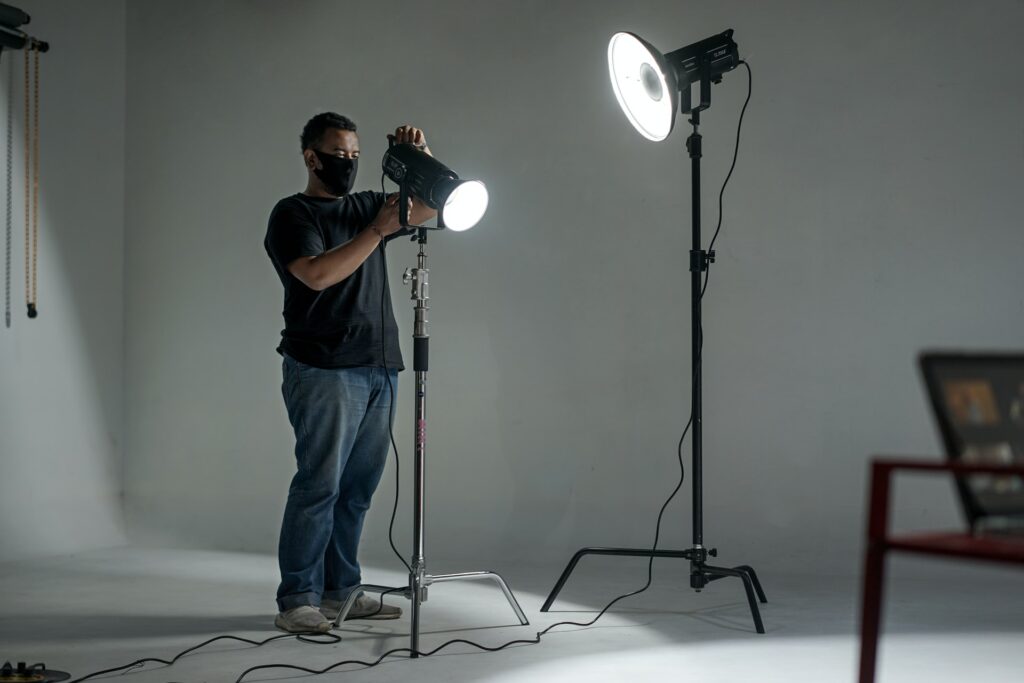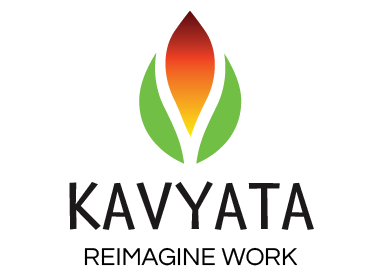
05 Apr I don’t know What am I good at – I need help to figure it out
It’s a familiar statement I hear – I don’t know what am I good at! Most of us suck when it comes to actually knowing what we are good at! In a short poll I had done on LinkedIn, I found that 77% of respondents said they were either quite unclear (24%) about what they are good at (their strengths and skills) or just somewhat knew (53%) what they are good at.
If I don’t know what am I good at, how can I go after the right roles, feel successful at my work and do great work? In fact, most of the people who approach me to explore getting coached, share this problem with me in different forms
“I don’t know what I should be focusing on at work. I think I like variety, but I don’t know which of the multiple things I should make the centre piece of my work.”
“I took this role thinking I had the right skills and I would be good at it – because I came from the similar domain, I had successfully executed such projects. But now I am lost, and I can’t tell whether it’s because of the environment or whether I really don’t know what I am good at.”
“ Even as a Chartered Accountant, I never really connected with financial audits and that kind of work. But given my background, I am supposed to be good at this. How do I reconcile myself to this or should I just move on and find something else? How do I know I will be good at that?
So how do you answer the question of ‘What am I good at?
To answer, ‘What am I good at?’, you need to think about the following
- Knowing your natural strengths and innate abilities
- Knowing what skills you have developed or acquired
- Of the skills you have learned, which ones are the skills you continue to want to practice
Now let’s look at each of these points and how we can discover these
- To know your natural strengths and innate abilities, observe yourself and pay attention to what you are drawn to.

Observe what you enjoy doing & what draws your attention – these are signs of what you are good at
This is a much ignored starting point. Where does your attention naturally turn to e.g.
- What kind of activities can you immerse yourself in and not feel the passing of time e.g. researching, teaching, making DIY projects, coding, writing, mentoring others. Spending significant time on certain pursuits, is usually a sign that you have a moderate to high level of talent and interest in it. Why else would you invest your time and effort, if you didn’t feel accomplished, satisfied, proud of what you are producing/delivering through that effort?
- What were the kind of activities you engaged in as a child? Chances are you have a reasonable amount of talent and interest in those – you don’t have to be world-class talent but if you engaged in say, sports, art, performance etc, those are good clues about your kind of interests. People are naturally drawn to the things they feel comfortable doing, and comfort is a marker for talent.
- What kind of risks are you willing to take? In fact the renowned cartoonist Scott Adams, creator of the Dilbert comics, says “When I was in grade school I often drew humorously inappropriate comics involving my teachers and fellow students. I would show them to classmates and I enjoyed making them laugh, all the while knowing that getting caught by an authority figure meant a serious penalty. I was willing to take a significant personal risk for my so-called art, and this was in sharp contrast to my otherwise risk-averse lifestyle.” (From: Adams, Scott. “How to Fail at Almost Everything and Still Win Big: Kind of the Story of My Life.” Apple Books)
Read also: 10 Ways to come up with Ideas for Career Change when you’re Stuck
In finding the answers to all these questions, remember that if you were drawn to sports as a child or art, you don’t have to make a career in that! That’s the biggest myth and it prevents many people from actually understanding their true strengths and interests. Get below the domain/ activity on its surface, and understand what you really enjoyed about it and what that says about what you may be good at. For instance, your interest and talent in sports, may point to strengths in leadership, teamwork, being able to work under pressure, thriving even against tough competition – one or more of these are what you are good at.

Your interest in sports may point to strengths like leadership, perseverance, ability to work under pressure – all signs of what you are good at
- To know what skills you have developed or acquired, start by listing all the major accomplishments you have had in your career or even when you were at school/college. As you list them, also make a note of what skills do you think you used which helped you in achieving those goals or gaining recognition for what you did well. For example, if you received recognition for being a top leader in Employee Engagement, it’s a likely sign of you being good at connecting with people, you have skills of resolving conflicts, motivating people, thinking creatively about employee engagement ideas etc. The same applies to understanding hard skills as well.

To answer ‘What am I good at?’ , think about hard and soft skills that you have learned and want to continue to use
- To know that among the skills you have learned, which ones are the skills you continue to want to practice, you need to look at what energizes you. One thing which often trips people up is that they think that all their skills which brought them recognition in their early career are the ones they should continue to use and take forward. Let’s say, you are a qualified Chartered Financial Analyst and in the early part of your career, you did great work as a research analyst at a fund management company. But over the years, while you remained quite sound at financial analysis and research, valuation skills, you also started feeling less energized by using these same skills. You now feel more energized when you’re using your client relationship management skills. Here again, this is a sign that what you’re good at is changing over time and that’s not bad. It gives you greater possibilities to work with – but what’s bad is to not acknowledge that you may now need to look at finding work which allows you to develop your new skills, even if it means feeling a little less of an expert as you are used to feeling!
Read also: 5 Career Limiting Beliefs you need to overcome for a Successful Mid-Career Change
In our coaching work at Kavyata, we help you connect powerfully to your strengths and skills and answer, “What am I good at” with conviction, clarity and confidence. That in turn helps you show up so very impactfully at your next job interview, promotion discussion or career change discussion, that it puts you on the right course to success and fulfilment.

Kavita, an alumna of IIM Ahmedabad, brings 20 years of experience in Experiential Learning, Coaching, Personal Growth & Change. Her forte is Career Transition Coaching and Leadership Development for mid-senior individuals, helping them find success and fulfilment at work . She also teaches Career & Self Development courses at leading management institutes including IIM Kozhikode, IIM Udaipur, IIM Indore and at the IITs.

